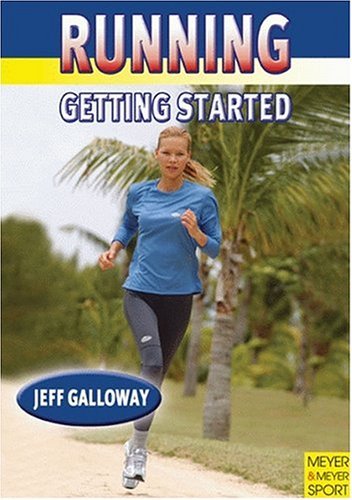Jeff Galloway wants almost everyone to become a runner who enjoys running and does not get injured. He doesn’t want beginners to find running too hard and then quit in frustration.
Not surprisingly, his progression of ramping someone up from a walker to someone who mixes walking with running is the most gradual and easiest I’ve ever seen. I’m on week 5 of his gold program, the more “advanced” of the two he gives you to choose from. Currently I’m running for 20 seconds at a time and walking 90 seconds, repeating for 24 to 26 minutes, not inclusive of warm up and cool down.
Is this easy, fun, and doable for this 57 year-old? Yes, very. By the end of week 26, will I be running non-stop? Hell no! I’ll be running 30 seconds and walking about 45 seconds. Contrast that with the suggested running program that comes with my GymBoss miniMAX interval timer (a highly recommended companion to the book). In that running program, on the very first run, you’re alternating running 1 minute non-stop with walking 90 seconds. On Galloway’s program, I won’t even be running 1 minute non-stop after 26 weeks!
Is Galloway’s super slow progression a good thing or a bad thing? I think it’s neither, although too slow is better than too fast. Like an algebra book or piano lesson series, it just needs to be a good match for the learner. As a beginner over 50, I went with the easiest and safest looking program I could find. But this is so easy, I’m thinking of jumping ship over to a more challenging faster progression.
Even if you find this program too slow and easy for you, there’s much value in the book. For example, there is advice on how to run without injuring yourself (which includes short strides), and what to do if you are injured. There are tables on what to wear in what weather conditions. There’s dietary advice, advice on buying running shoes, and more. I don’t think much about his animal product suggestions at breakfast, lunch and dinner, lean though they may be, but at least he offers vegan options at every meal. However, much of what he does say about eating for running jives with the sports nutrition I’ve studied and with the experience of a long time runner/fitness professor I know.
If you’re a beginning runner, this book is definitely worth reading.

